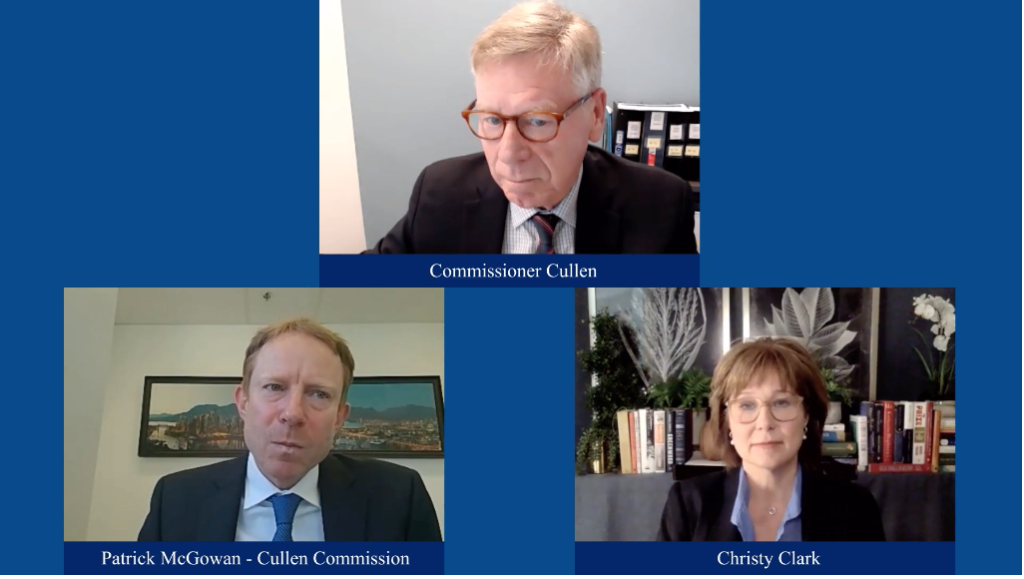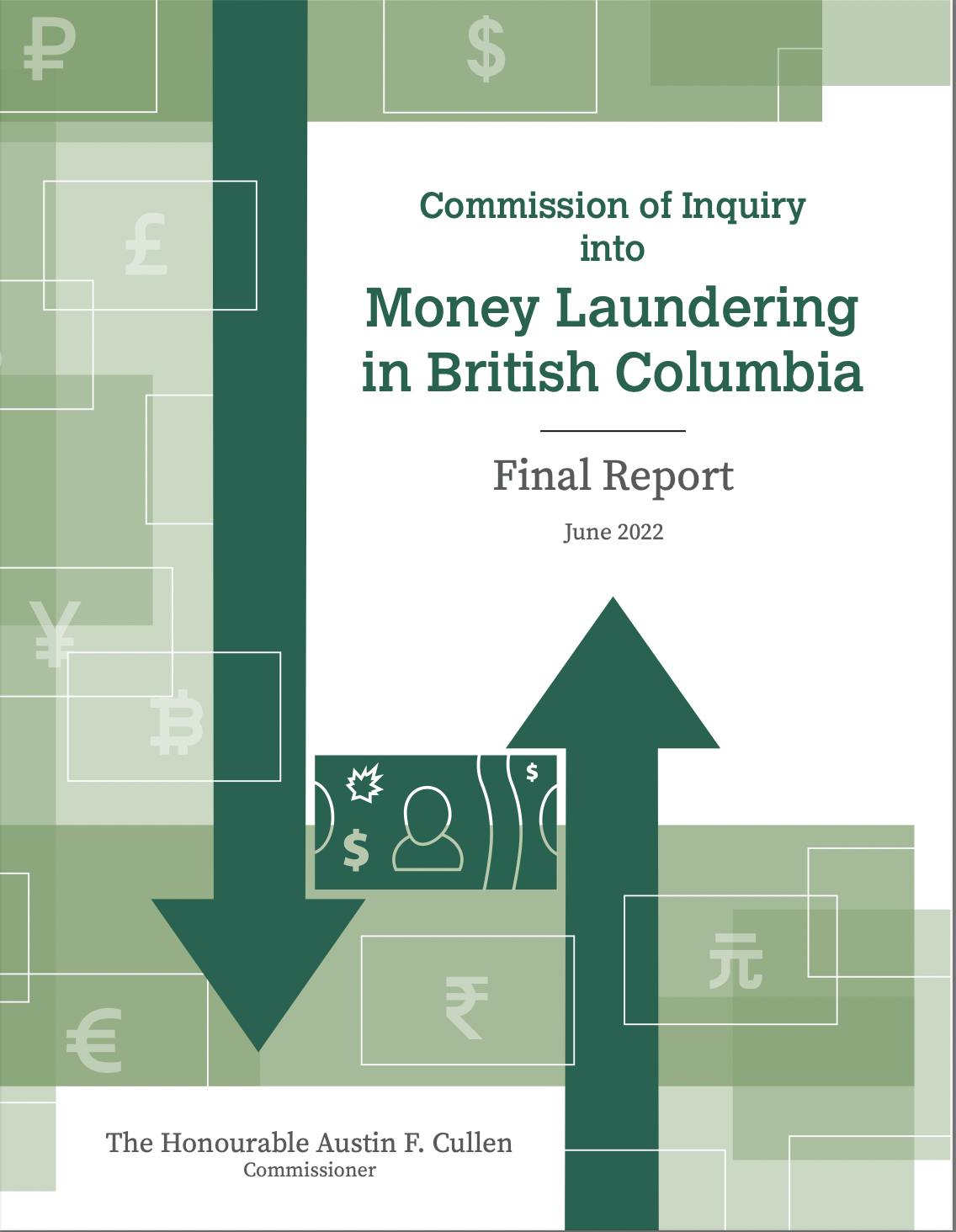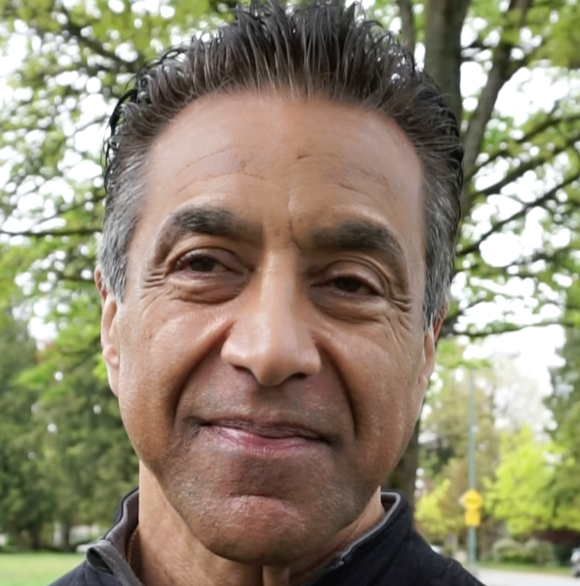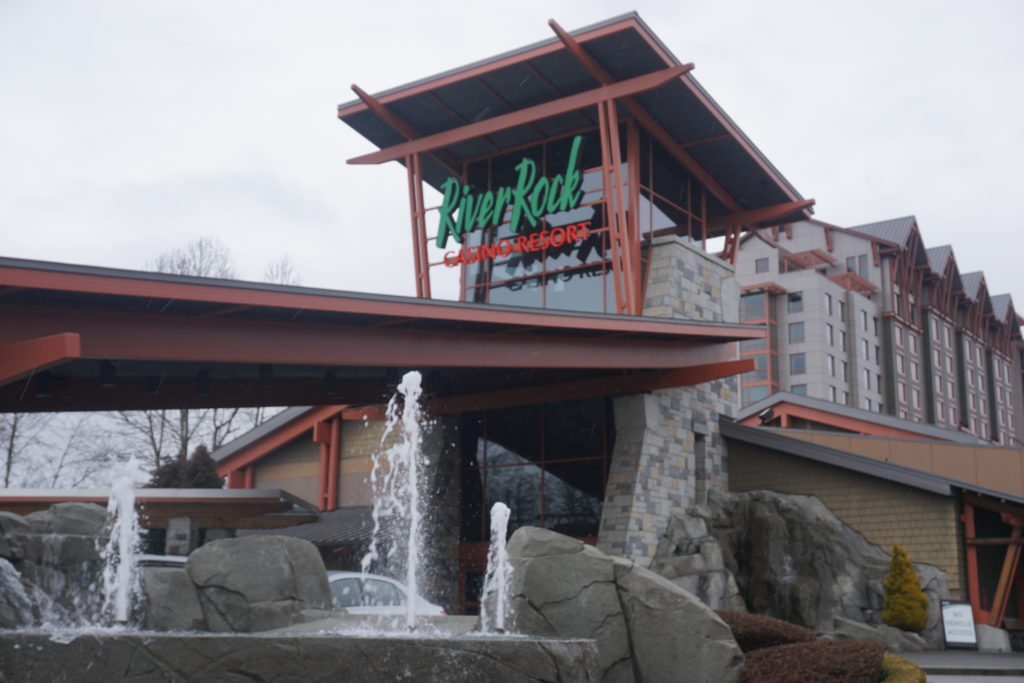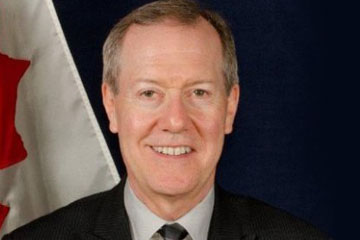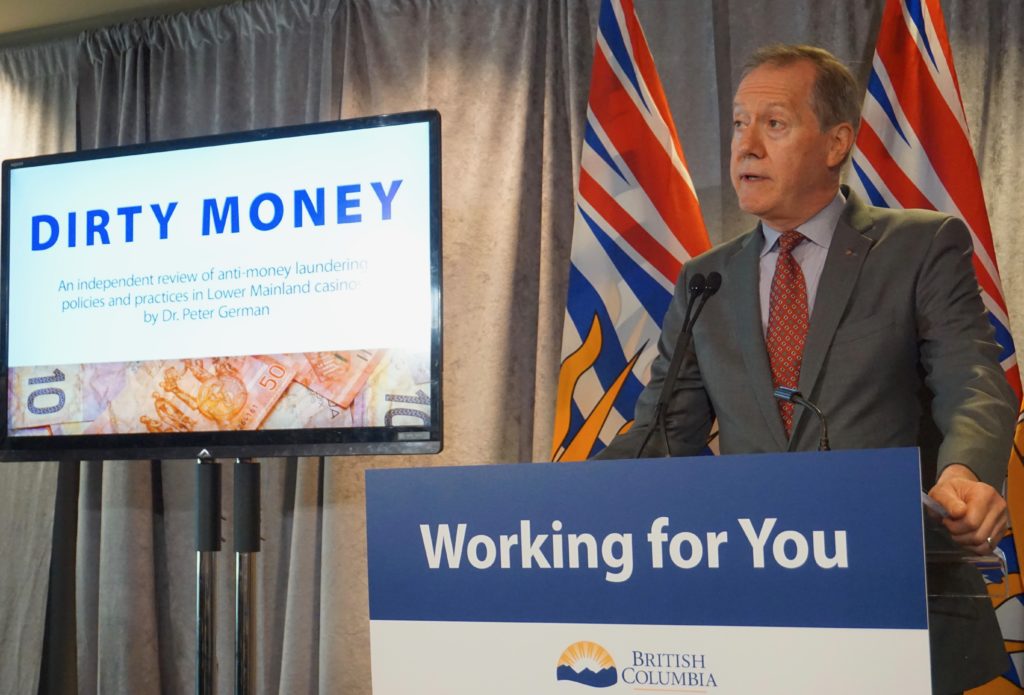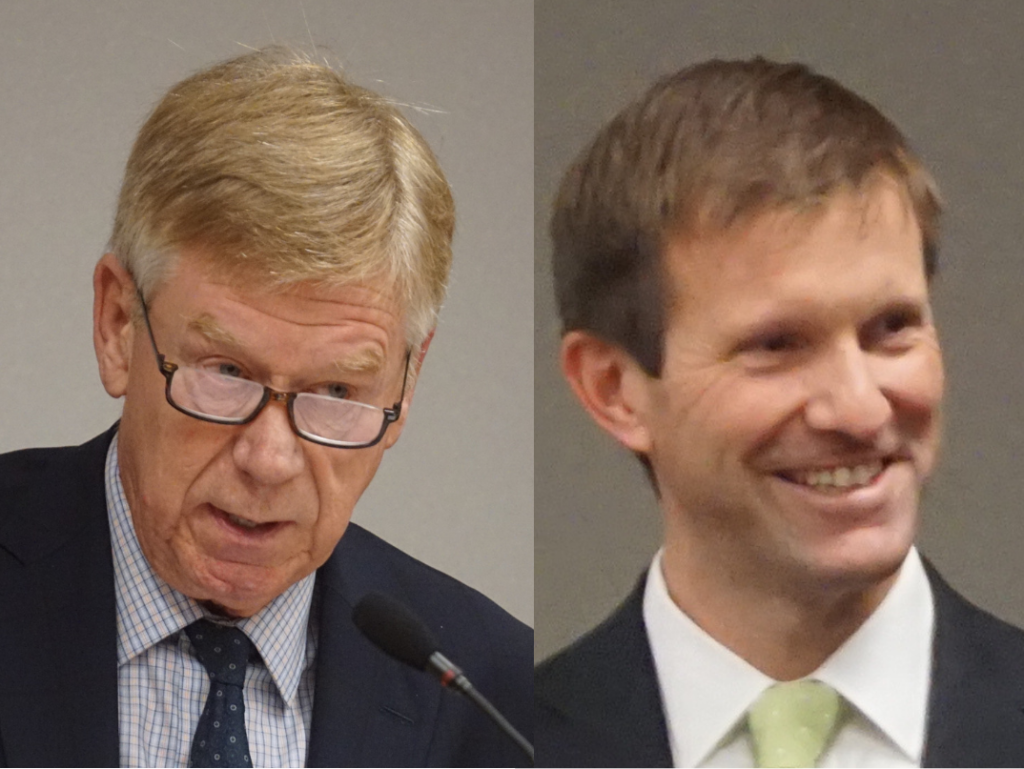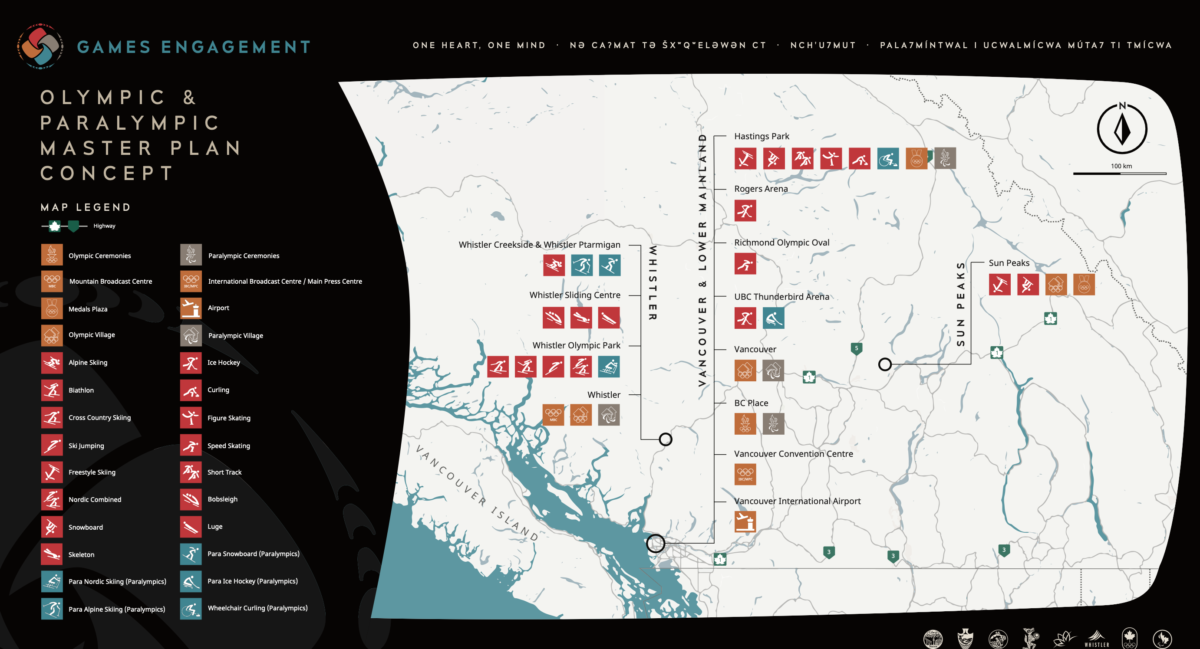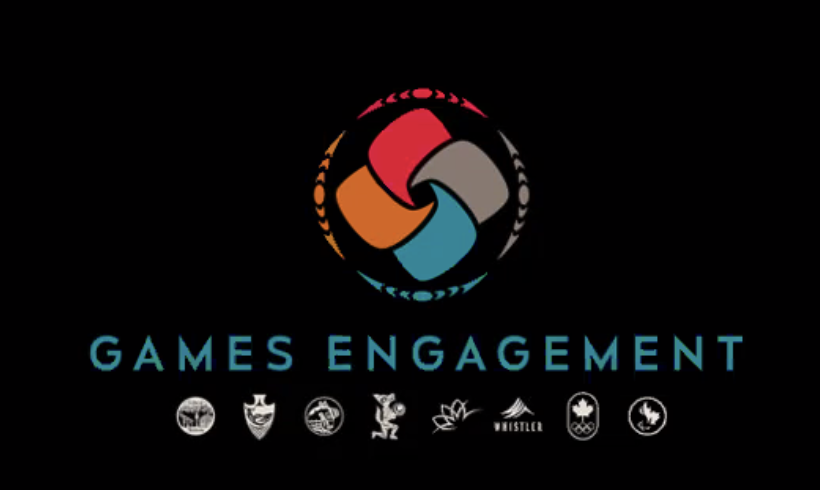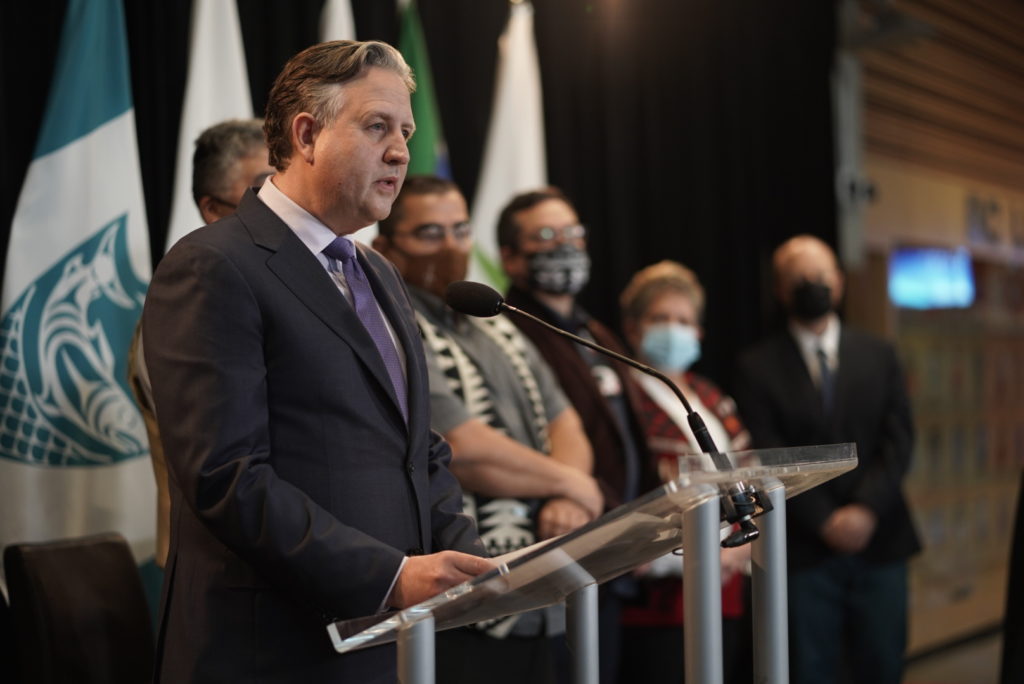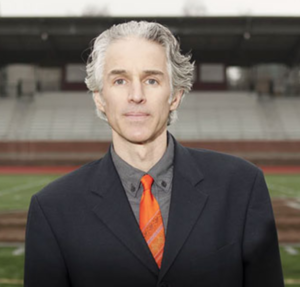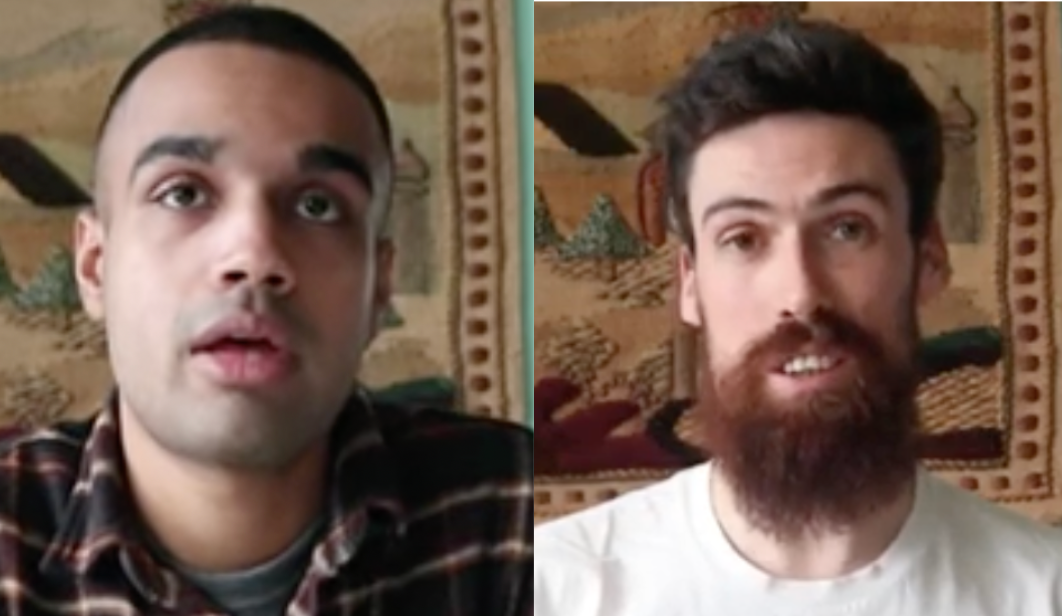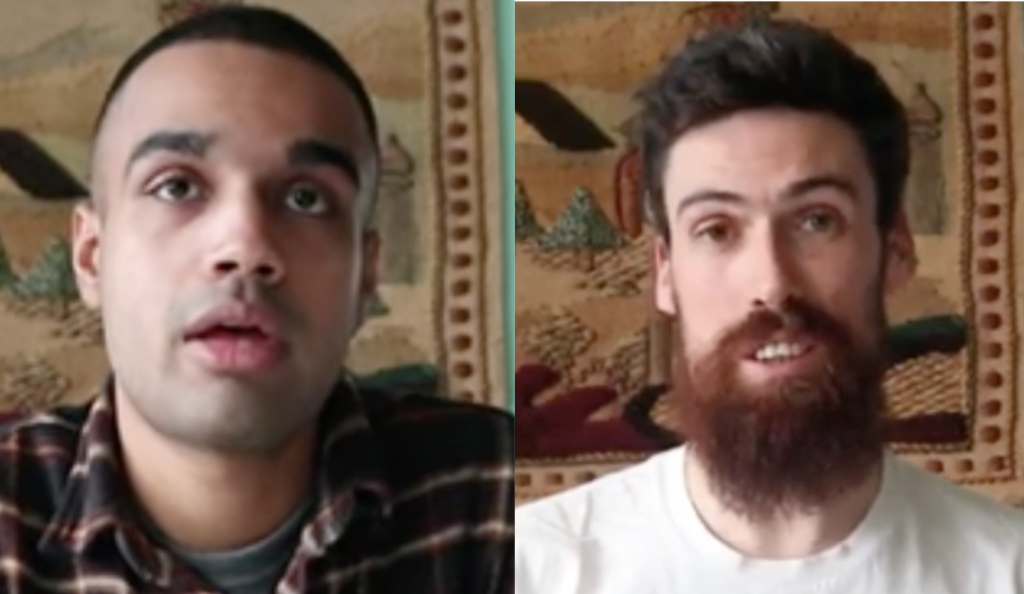Bob Mackin
The Canadian Olympic Committee’s proposal for another Vancouver Winter Olympics in 2030 contains no cost estimate and officials say wait until the middle of summer for details.
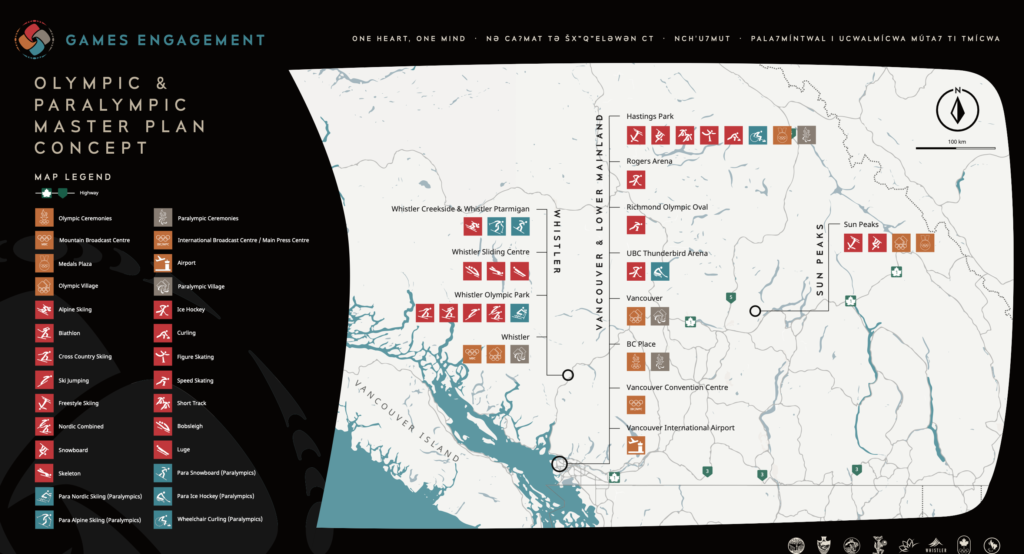
Vancouver 2030 proposed venues map (COC)
“It’s quite a complex calculation, and so we’ll just provide a briefing on that in July,” said Mary Conibear, managing director of Games operations for Vancouver 2010. She is part of the team behind the 26-page, Games Engagement draft hosting concept released June 14 at the Squamish-Lil’wat Cultural Centre.
July is when the COC and leaders of the Four Host First Nations (FHFN) want City of Vancouver and Resort Municipality of Whistler councils to support crafting a formal proposal to the International Olympic Committee. Salt Lake City, the 2002 host, and Sapporo, Japan, the 1972 host are also pondering bids. The IOC wants to choose the 2030 host by the time it meets in Mumbai at the end of May 2023.
The COC, the de facto bid committee, has discouraged all six parties from holding a referendum this year, for fear it would ruin the chance for “targeted dialogue” negotiations with the IOC.
“We still haven’t seen the books from 2010,” said Coun. Colleen Hardwick, the mayoral candidate for TEAM for a Liveable Vancouver. “Most concerning is the democratic deficit, despite the desire to have a vote that the city will press ahead.”
In April, Hardwick unsuccessfully proposed adding a yes or no question on the 2030 bid to the Oct. 15 civic election ballot, noting that 64% of voters passed a 2003 plebiscite before the IOC chose Vancouver to host the 2010 Olympics and Paralympics.
No one else on city council seconded her motion. Hardwick is also concerned because board minutes and financial ledgers from the Vancouver 2010 organizing committee (VANOC) are locked from public view until October 2025.
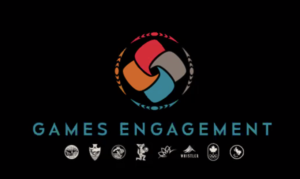
Vancouver 2030 bid logo
“We do not move forward without one another,” said feasibility team member Tewanee Joseph, who was the FHFN executive director in 2010. “That’s what’s important when we talk about indigenous values and processes.”
One of the councillors who did not support Hardwick’s motion was COPE Coun. Jean Swanson. The Downtown Eastside anti-poverty activist who organized protests against the 2010 Games is now having second thoughts.
“The Host Nations still need to discuss with their folks and we need more details on [costs],” Swanson said. “I am torn on this one cause want to support [Musqueam, Squamish and Tsleil-Waututh first nations], but also am aware of issues with past Olympics such as land cost escalation, massive expenditure on things with no lasting value like security, police activity in DTES.”
The 2030 bid does not have support from the provincial government, which recently announced the $1 billion Royal B.C. Museum project for 2030 and is hoping FIFA chooses Vancouver on June 16 to host up to five matches in the 2026 World Cup. That could cost $260 million.
Should the councils continue with the bid, the COC plans to make formal proposals to the federal Liberal and B.C. NDP treasury boards this fall.
Last December, Vancouver, Whistler and the reunited FHFN agreed to explore a bid. In February, the COC began the feasibility study. The concept plan said the 2030 Olympics would run Feb. 8-24, 2030 and the Paralympics from March 8-17, 2030.
In May, theBreaker.news revealed the proposed venues. Most 2010 venues would reprise their roles, except snowboarding and freestyle skiing would go to Sun Peaks near Kamloops, curling at the Agrodome, and the new big air skiing and snowboarding events on a temporary ramp at Hastings Racecourse. The latter would be the biggest sporting venue of the Games, by spectator capacity, with room for 20,000 people.
Whereas False Creek was the focal point in 2010, it would be Hastings Park in 2030 with nightly medal awards concerts at the PNE Amphitheatre, the official merchandise superstore, a daytime live site, cultural village and sponsor pavilions.

Canadian Olympic Committee president Tricia Smith (left) and Four Host First Nations executive director Tewanee Joseph (second from left) at the Dec. 10 bid exploration announcement (Twitter/Tewanee Joseph)
Tim Gayda, the vice-president of sport for VANOC, said it would be the “place to go even if you don’t have a ticket to go into see an event.”
“We really see Hastings Park as a real centrepiece for our games,” said Gayda, the 2030 feasibility team’s master planner.
A new Vancouver Olympic Village would be built at either the Jericho Lands or Heather Lands, both co-owned by MST Development.
West Vancouver’s Cypress turned into a weather nightmare for organizers in 2010, so they’re looking 400 kilometres away to Sun Peaks. Gayda said all six courses for freestyle skiing and snowboarding would fit in two stadiums at the resort near Kamloops, which boasts a north-facing slope.
“It was one of those mountains that we were able to find everything that we wanted,” Gayda said.
The bid’s Indigenous-led strategy has not been fully defined to the satisfaction of staff at the two municipal governments involved. Joseph, who chairs the Squamish Nation’s Nch’kay, the Squamish Nation’s economic development agency, called the 2030 bid model “co-leadership” and said it would involve governance, planning and hosting policies that correspond with recommendations of the Truth and Reconciliation Commission and the United Nations Declaration on the Rights of Indigenous Peoples.
The Games Engagement document also talks of 2030 being the first Games to be “climate positive,” but it does not detail how that can achieved when the Olympics always rely on international air travel and inter-city buses to shuttle athletes, media, workers and spectators around the region. The document does not include any long-range forecast for inventory of electric vehicles or supply of lesser-polluting jet fuel.
Support theBreaker.news for as low as $2 a month on Patreon. Find out how. Click here.
Bob Mackin
The Canadian Olympic Committee’s proposal
